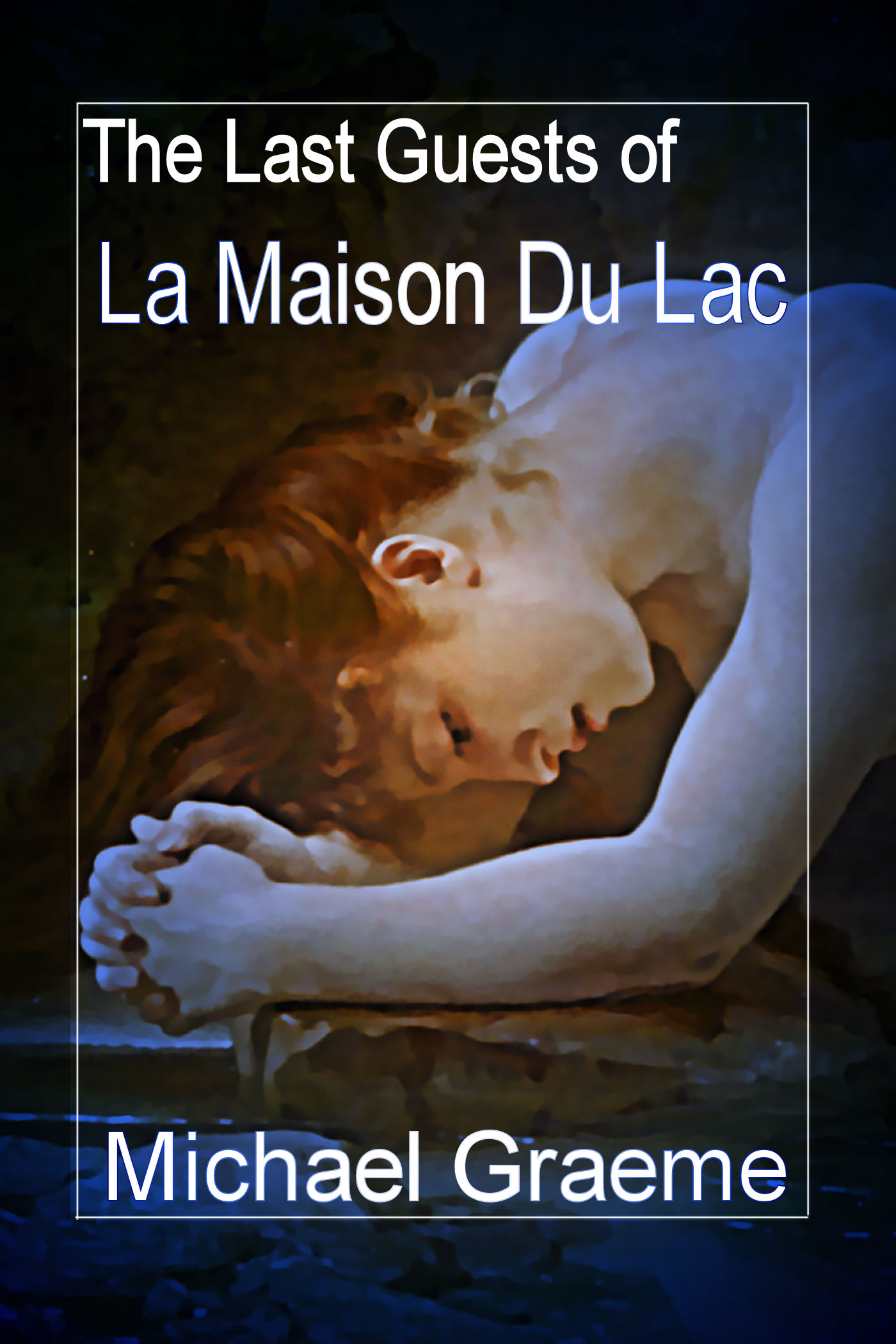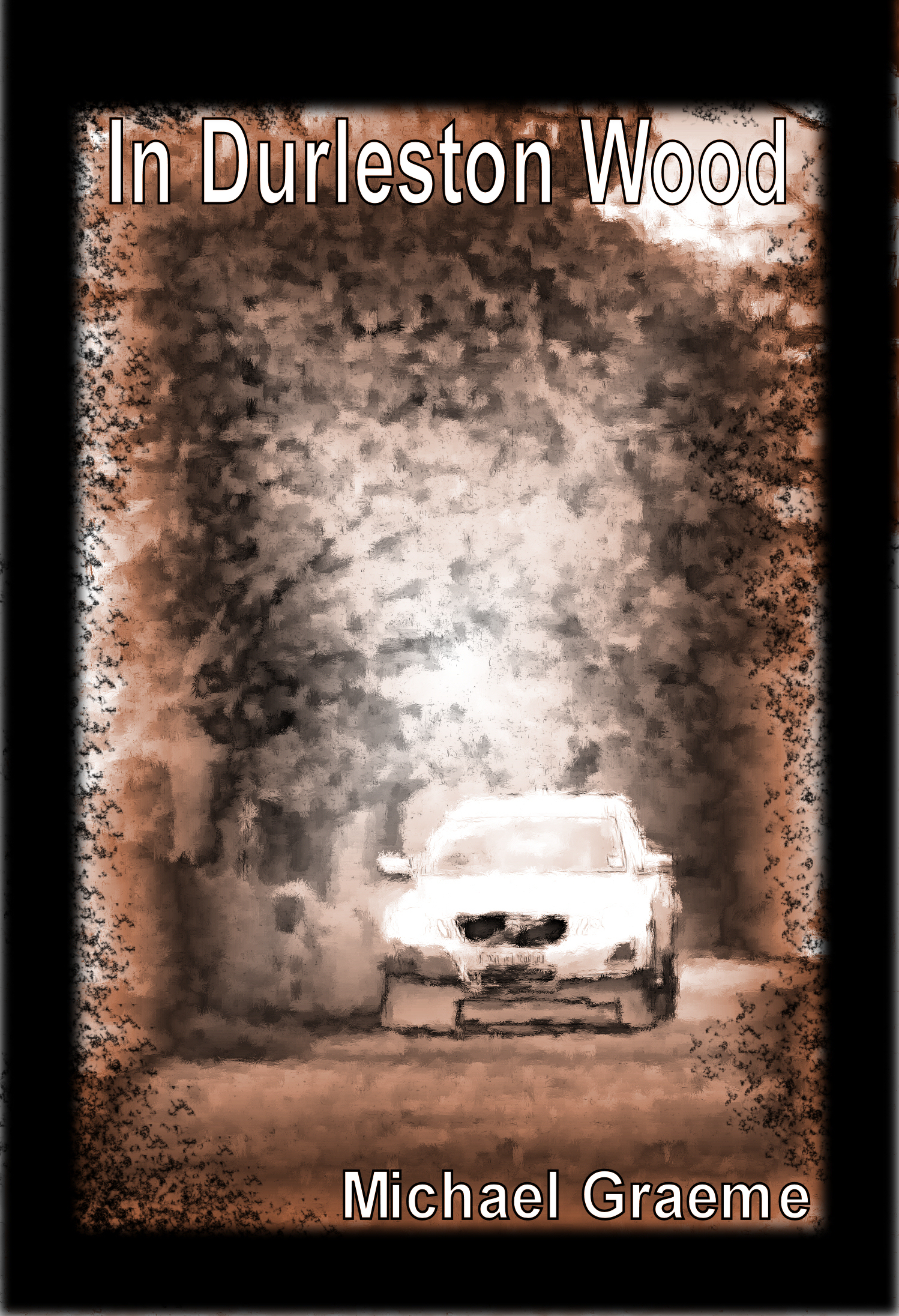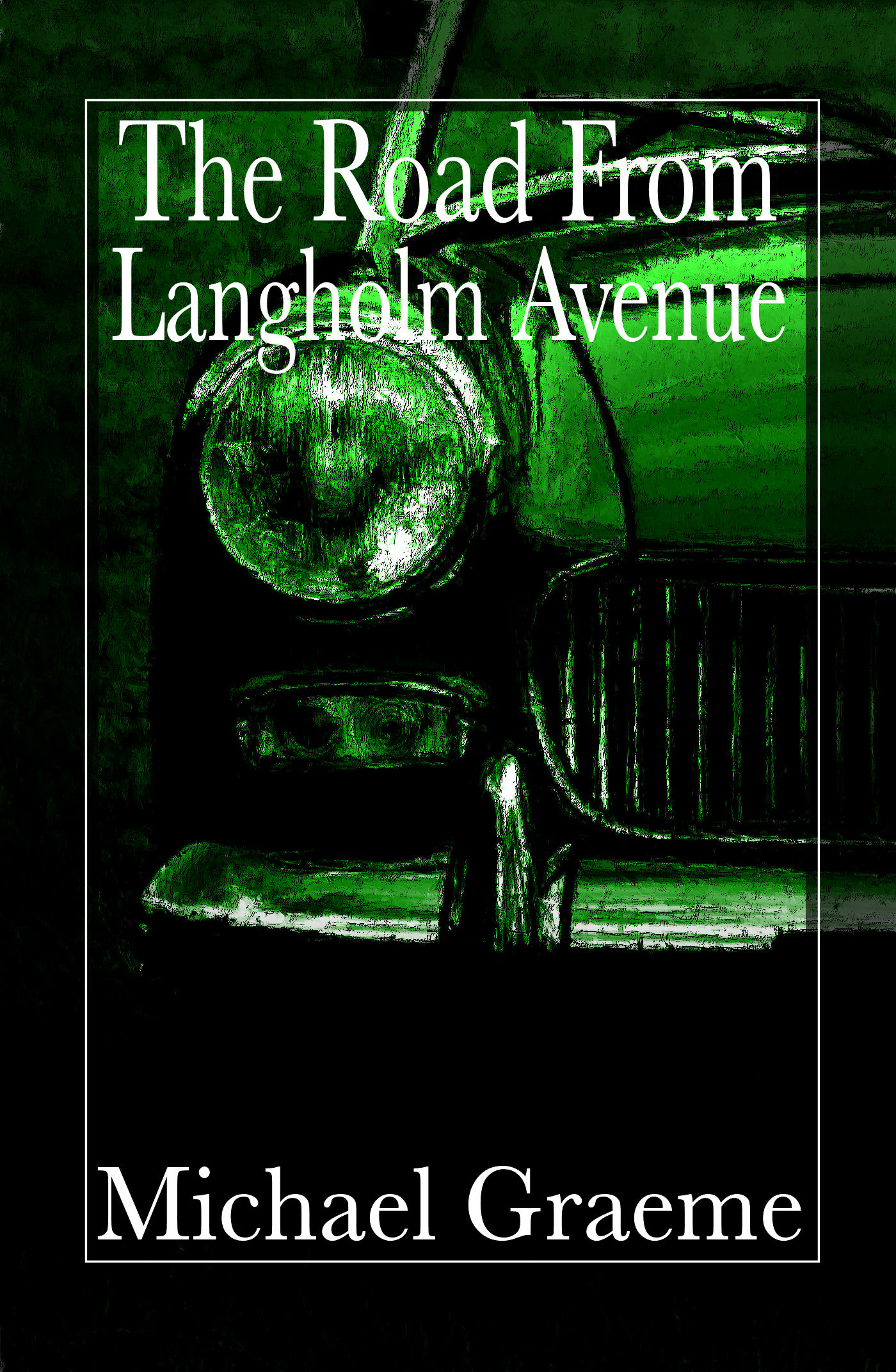 It’s a cold winter’s morning in a semi-derelict mill. A small group of middle agers lie silent on their backs on gym mats, their breath vapour rising in the unheated void of the makeshift training hall. They wear overcoats and hats against the chill. This is Qigong, western style, November, somewhere in the North West of England, and the group is exploring a variation on an esoteric Oriental technique called Microcosmic Orbit Meditation.
It’s a cold winter’s morning in a semi-derelict mill. A small group of middle agers lie silent on their backs on gym mats, their breath vapour rising in the unheated void of the makeshift training hall. They wear overcoats and hats against the chill. This is Qigong, western style, November, somewhere in the North West of England, and the group is exploring a variation on an esoteric Oriental technique called Microcosmic Orbit Meditation.
In the warmth of more conducive surroundings I can raise a tingle from my tummy by imagining I am breathing into it. Here in the mill though I’m getting nothing. It’s just too cold, and I can’t relax. Afterwards, discussion with my fellow adepts reveals I am not alone in this. Even our teacher is unable to claim success. There is also doubt about the precise nature of what it is we’re supposed to be doing.
Our knowledge of Qigong comes from similar sources: books, private practice, personal speculation and of course endless foraging among the online dross. We’re also drawn from a range of rational, technical professions, and we’re struggling to come up with a plausible psychological model for a technique that has for centuries been described in an arcane and very flowery language. On the plus side, I discover I am not such a beginner, that my knowledge is as comprehensive as my fellows’, if not my practice, but this does not alter the fact that none us really knows what we’re doing, and most of our combined knowledge is probably rubbish anyway. Oddly though, groups like this, scattered across the mills and church halls of England, are as good as it gets. This is not to demean such groups – indeed I would never trust a group incapable of doubt, nor a teacher who talks like he knows it all.
The drive home is sluggish with traffic, and there is a sluicing rain that overwhelms the wipers. I have plenty of time to ponder my doubts. Sure, I have always struggled to marry the esoteric language of Qigong with anatomical knowledge. Nor do I believe in “Qi” as a mystical universal energy. But without a rational explanation for the observed effects of Qigong practice I don’t see how there can be any way forward in bringing Qigong – especially the more esoteric forms like the Microcosmic – to a wider audience, let alone establishing any kind of regulation among teachers. And without that we will for ever be at the mercy of charlatans and poseurs.
In the course of a morning then the whole thing unravels and years of study, of practise, of speculation, goes back to square one. It goes back in fact to the dantien. You hear that word a lot in martial arts circles. They call it the centre of being, a powerhouse, a generator of Chi or energy, even a kind of reservoir that one can charge up for future use. It lies a couple of fingers widths below the navel, in the gut. But again most of what we read of the dantien is unsubstantiated nonsense. And yet,…
In Microcosmic Orbit meditation we begin with the dantien. Gentle breathing and focus upon this region in the lower abdomen does indeed give rise to powerful sensations – tingling, fluttering, vibration. What are they? What is their origin? With the effort of imagination one then leads these sensations through various sensitive connections up the spine, to the brain, then back down the chest to the dantien. The full circuit is a difficult thing to achieve, mentally. It requires a relaxed focus, but since the sensations aroused are entirely subjective it’s hard to say if one isn’t merely deluding oneself that something is happening when it isn’t.
Is the dantien real then, or imaginary? Well, recent medical discoveries tell us of a highly energetic nerve centre located in the region of the lower gut – a thing that might indeed be the source of sensation attributed to the dantien. This is the so called Enteric Brain, the centre of a nervous system with a very brain like nexus of neurons. Just as the brain in the head regulates the autonomic nervous system, so the Enteric brain seems to regulate its own processes in the gut. There is also an energetic connection between the two systems, an exchange of information that is not fully understood but appears rooted in the body’s digestive processes.
It’s logical then to work on the premise that it is the nervous activity of the enteric brain we’re feeling when we focus on the Dantien, that such focus may heighten its activity, stimulate it or at the very least relax it into a state where it might function properly. But this is as far as one can state with anything approaching certainty.
Progress in the martial arts – or at least in so far as they have been adapted as health systems in the west – is hard won against an ill wind of misdirection and utter tripe, especially in the popular literature. Sometimes the best we have to go on is that it seems to work, alleviating the symptoms of a variety of otherwise chronic conditions. The western scientist, however, can be scathing in his skepticism, throwing away the cure – not because it does not work, but because he cannot explain it. Thus anyone who tries to take these methods seriously carries also the mantle of being a bit “alternative”.
What brought me to Qigong was stress. Without it I would by now have been a Prozac junkie for the past twenty years. As it was I managed only a few weeks in that selective seratonin uptake inhibited twilight of a world before choosing the path of “alternative” quackery. The body is built to handle short periods of extreme stress. It can generate on demand huge quantities of energy, enabling us to fight or to flee. But the modern lifestyle puts us under stress all the time, while simultaneously denying us any escape. Eventually we forget how to return to a state of relaxed homeostasis, a state in which to carry out repair and recuperation. Mind-body techniques like Qigong are important in reminding the body what it feels like to be relaxed, and, once reminded, it seems capable of returning there of its own accord.
This alone makes lying on my back in a derelict mill in the middle of winter worth the effort, that and discussion with like-minded individuals. As for explaining the Microcosmic Orbit in rational terms, my instinct says the two brain theory is definitely a good starting point. By the time I reach home I realise my morning wasn’t wasted after all. Sometimes in order to find the answer, you have to be asking the right questions.
And two brains are clearly better than one.





















